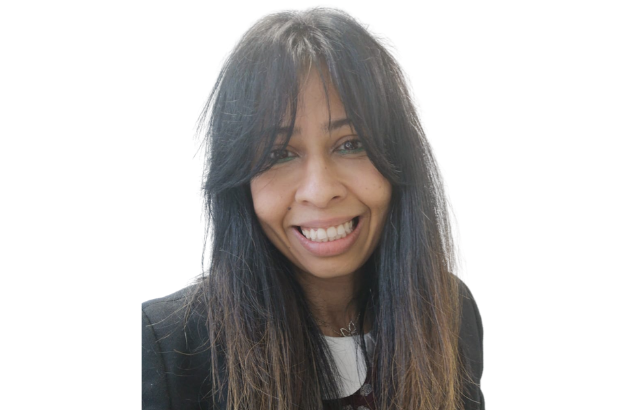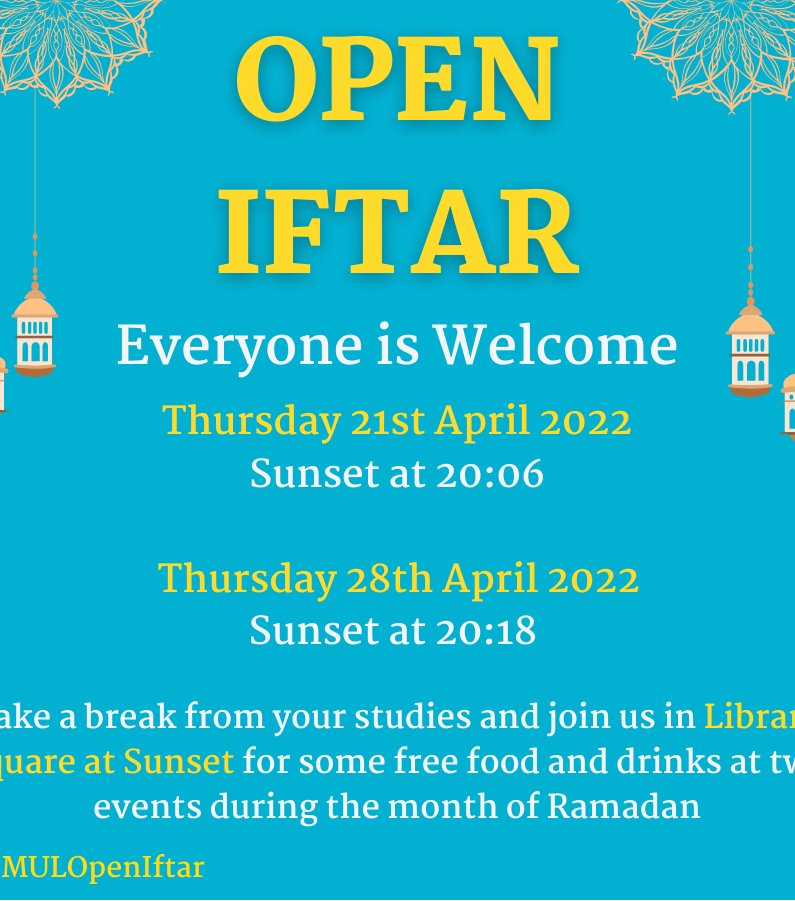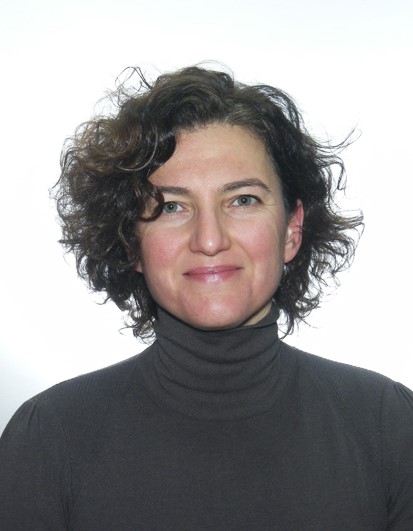
On World Bipolar Day (30 March, 2022), Director of Wellbeing Dr. Mahesha Samaratunga shares her advice on how we might help and support our students and each other by raising our awareness about bipolar disorder.
We have students amongst us who struggle with bipolar disorder and as Module Organisers and Academic Advisors, it is important that we be aware/educate ourselves around what this may look like in the classroom/online.
Understanding bipolar
A student with bipolar will depict very different behaviour to that of other students and they often get misunderstood and labeled as ‘bad, aggressive behaviour’.
Students with bipolar can be misunderstood in social interactions, email communications, and how they interact with the faculty and peers. They also often go unsupported. Common myths need to be eradicated such ‘as students/people with bipolar are aggressive and dangerous or attention-seeking.
Take time to read what the manifestations of bipolar may look like, especially in our learners/staff and what support or signposting we can do so that they have the necessary support: https://www.mind.org.uk/information-support/types-of-mental-health-problems/bipolar-disorder/about-bipolar-disorder/
As always if you are an advisor please advise students to connect with their GP regularly and guide them to Advice & Counselling. If in doubt please do not hesitate to contact me.
Useful resources
‘I have bipolar disorder and became one of the top students in the UK’
To share with students – about managing bipolar at the university
How we can support someone with bipolar – friends/family/ lecturers
Real people living successfully with bipolar
About World Bipolar Day
The goal of World Bipolar Day is to bring the world population information about bipolar disorders that will educate and improve sensitivity towards the illness and eliminate social stigma around this illness. You can read more about World Bioplar Day here: https://www.bipolaruk.org/bipolar-awareness-day.






